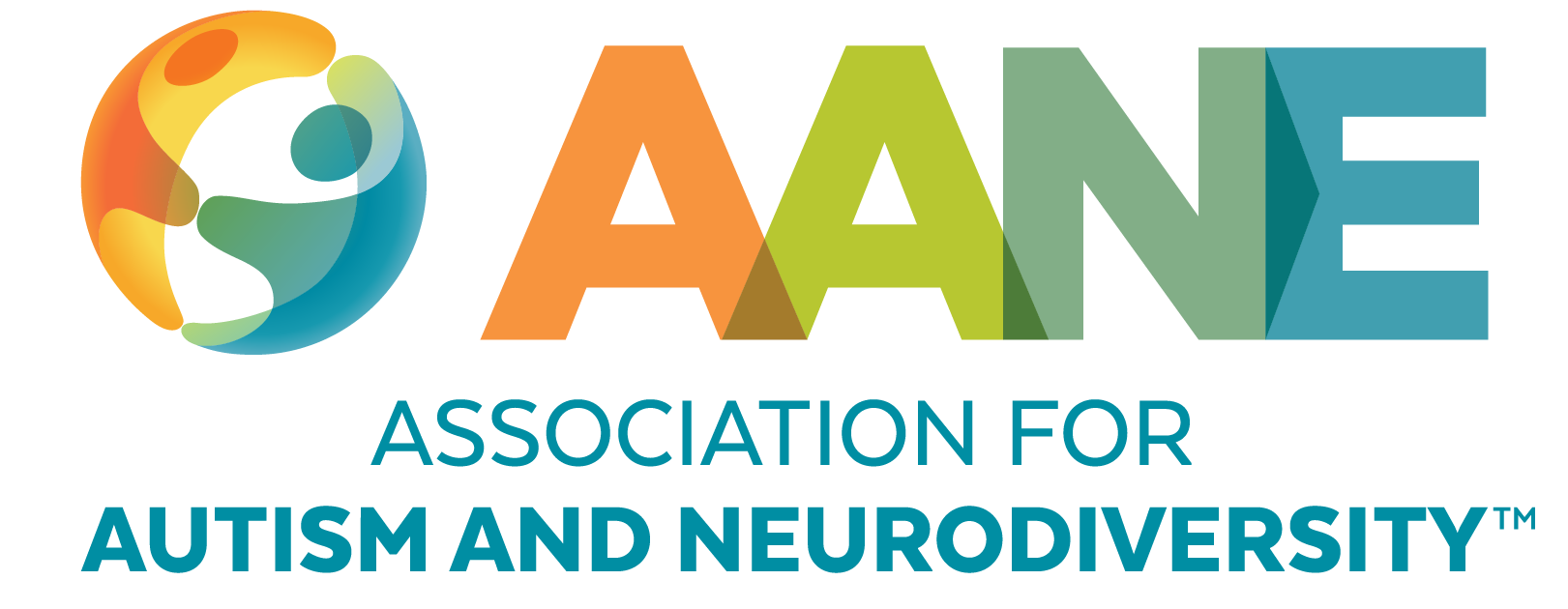
Disclosure / Self-Advocacy
Disclosure and self-advocacy are valuable tools to navigate the challenges of daily life and receive the support and accommodations needed to thrive.
Disclosure can mean an individual disclosing their autism to others. It can also describe the process by which parents and caregivers help their child understand their unique blend of strengths and challenges. Or a partner might share their observations with a loved one and start a discussion about autism and neurodiversity. Disclosure conversations can occur in relation to work, school, friends, family, intimate partnerships, or strangers.
Whether it’s a full explanation of a diagnosis or a specific accommodation request, disclosure, and self-advocacy can lead to a more comfortable life.
Health & Safety: Medical ID Bracelets, Wallet Cards, and Lanyards
Disclosing to a first responder may be especially hard because the situation may be an emergency or one in which you feel unsafe.
For Adults
When individuals advocate for their needs by sharing information about their neurotype, consider what information will be most helpful to increase mutual understanding and get your accommodation requests met.
Disclosure is different for everyone and each situation requires thoughtful consideration.

Autism Disclosure at Work
"The best place to start thinking about disclosure is often before it is needed, during the job search."

Handling Disclosure as a Self-Advocate
"I generally tend to disclose my autism whenever I feel that it serves a purpose for myself or another person."

Disclosure Choices
"Knowing when and how to share information about oneself can be challenging to figure out."

It’s a Family Matter
"One person discovers they are Autistic, and they soon recognize it throughout their family."
For Families
In many instances, parents and caregivers are expected to take a primary role in disclosing and advocating for their Autistic child in school and other settings. This has often been necessary for receiving appropriate services and supports.
There is also an opportunity for parents and caregivers to involve Neurodivergent children in the process early on to help them develop self-advocacy skills. As they enter adulthood and become ready, they will have the foundation to understand their own needs, advocate for accommodations, and establish goals they have chosen for themselves.

Sensory Advocacy at School
"What can a caregiver do to ensure their child’s or teen’s sensory needs are being met at school?"

Diagnosis Discussion Tips for Parents
"There are many things parents and family members can keep in mind to make the process of talking about autism helpful and supportive."

A Journey Towards Independence and Interdependence
"My dilemma as a parent has always been knowing how much to do for my children while also increasing their ability to do for themselves."

“Putting Me in My IEP”: Encouraging Self-Advocacy in Younger Students
"Practicing from an early age to get their needs met empowers them in the long term to become confident, self-determined adults."
Related Services & Programs
Free Must-Watch Webinar
2023 Update: How to Find Public Benefits for Autistic Adults in Any State
This free webinar teaches Autistic adults in any state how to find public federal and state support programs that provide free or low-cost services to help them reach their immediate and longer-term needs and goals. Eligibility requirements and availability of these services vary significantly by state.
Stay Current
Subscribe for AANE weekly emails, monthly news, updates, and more!




